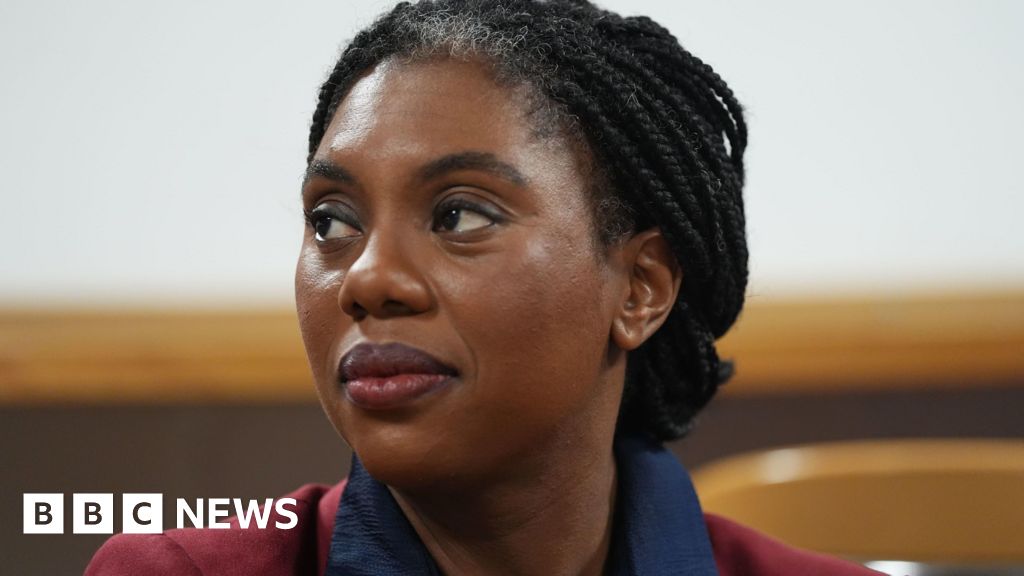ARTICLE AD BOX
By Tim Donovan
Political Editor, BBC London
Image source, Reuters
Image caption,Westminster City, the local council responsible for Downing Street, is now run by Labour
In 1990 Conservative success in Wandsworth and Westminster enabled then party chairman Kenneth Baker to spin disastrous results overall into a kind of victory.
Now we've seen the inverse of that.
While there may be some reasons for Boris Johnson to be cheerful in parts of the North and the Midlands, it will be eclipsed by the loss of these totemic London councils.
It is a dangerous political moment for him.
Mayor of London Sadiq Khan listed every one of the previous Tory leaders who managed to hang on to them - even in bleak times.
He has more reason than most to understand the Labour agony it's entailed. As a local councillor, Mr Khan fought - and failed - to dislodge the Tories from Wandsworth over more than a decade.
Tory candidates departed the count ashen-faced, declining to comment leaving their outgoing leader to front up.
Ravi Govindia, elected in 1978, said it was too soon for a meaningful analysis - but there was no getting away from the irritation among voters at recent political distractions.
His efforts to urge erstwhile supporters to focus on what he and his fellow "local Conservatives" could actually do something about, fell on deaf ears.
Image source, Reuters
Image caption,There was Labour delight in Westminster, where it took control of the council for the first time...
Image source, Reuters
Image caption,... but Conservative despair in the capital as party lost control of key councils
Wandsworth alone would have been a major victory, but Westminster was arguably even more sacrosanct for the Conservatives.
Labour run Westminster Council. Even writing that out feels extraordinary.
Always Tory, even a huge gerrymandering scandal - where leader of the council Dame Shirley Porter was accused of selling off council homes in marginal wards in exchange for votes - couldn't loosen the grip.
The Conservatives now felled by what looks at this stage to be a toxic mix of economic woes and distaste for Partygate and the Covid lockdown antics at the heart of its own SW1 postcode - layered over existing unhappiness about Brexit.
With Labour also winning Barnet for the first time, at least partly due to the effect of neutralising claims of anti-Semitism, they now control a record 24 of the capital's councils.
After their defeat in 2018, the Labour group on Barnet Council lobbied the party and the council to adopt the full International Holocaust Remembrance Alliance (IHRA) definition of anti-Semitism.
It publicly welcomed Sir Keir Starmer's acceptance of the recommendations made in an Equality and Human Rights Commission report into allegations of harassment - and the subsequent suspension of former leader Jeremy Corbyn for contesting the findings.
And during the campaign itself Labour candidates reinforced Sir Keir's apologies for the harm done.
There were always certain gripes among constituents around the "easyCouncil" model - named after outsourcing hundreds of millions of pounds worth of services, drawing on lessons from aviation companies like easyJet.
This is surely a really dangerous political moment for Mr Johnson.
His party now only controls four London councils, not seen since the dying days of John Major's government. The Tories' councillor base is decimated, dropping sharply from the 511 councillors which was already a record low in 2018.
They've lost 10 out of 11 councillors in Richmond - now offering barely a squeak of opposition to the Lib Dems, who also made gains at Tory expense in Labour-dominated Merton.
The Conservatives also lost a handful of seats too in Hillingdon, the borough where Boris Johnson is an MP.
His Tory parliamentary neighbour David Simmonds went on the radio this morning, saying he needed to know how Mr Johnson would take responsibility for these electoral outcomes.
Quite a few of his parliamentary colleagues in London constituencies will be alarmed.

 2 years ago
109
2 years ago
109








 English (US) ·
English (US) ·